Our traditional prayers, while inspirational, also pose challenges in their portrayal of evil, non-Jews, and God. Discover how minor adjustments can imbue these prayers with a more potent path to 'tikkun olam'—repairing the world. As we increasingly recognize the profound impact of language on our self-perception and worldview, it becomes evident that this extends to our biblical texts and liturgy. While many prayers guide us toward compassion and ethics, some language perpetuates less favorable notions about ourselves and others. Through subtle yet vital transformations in our liturgy, including biblical and post-biblical texts, we can reshape our perspectives on deservingness, otherness, evil, and divinity. By doing so, we transcend mere elimination of offensive concepts, fostering a narrative that champions transformative action in tikkun olam.
The course will include an exploration of more traditional changes to our liturgy, specific examples of texts that could use some “tikkun olam”, discussion about how these texts affect our understanding of ourselves as Jews and our world view, and a study of some specific changes that have been made to the liturgy. All material will be provided in Hebrew and English.
Aliza Arzt has been a member of Havurat Shalom in Somerville, Massachusetts for many years. She considers herself to be a Hebraist and Bible investigator by avocation, and has studied both these subjects as well as linguistics at the University of Pennsylvania and the Jewish Theological Seminary. She works professionally as a health care provider but has reduced her hours in order to focus on her other passions: revising the liturgy, reptile keeping, ceramics and combatting food insecurity in her city.

